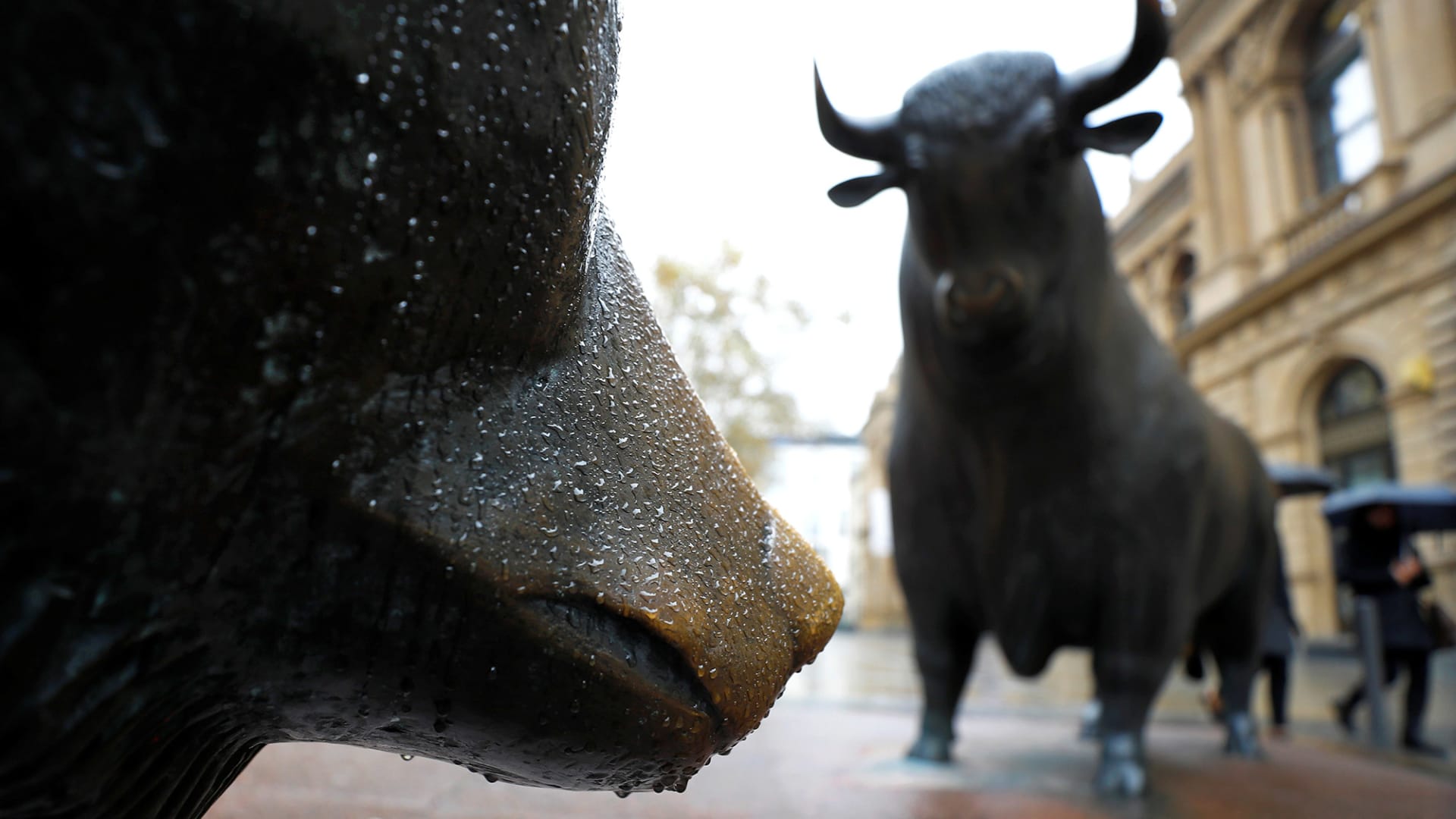Trump lawyer John Eastman takes Fifth before Georgia grand jury in election-interference probe


A lawyer who had pushed to overturn the 2020 election loss of then-President Donald Trump invoked his Fifth Amendment right against self-incrimination in refusing to answer questions during an appearance Wednesday before a grand jury in Georgia, his attorneys said.
John Eastman also invoked protections under attorney-client privilege in refusing to answer at least some questions he was asked before the grand jury, which was convened as part of a criminal probe into the possibility of illegal interference in Georgia’s presidential election contest, his attorneys said.
Eastman is one of a group of Trump allies who were subpoenaed by that panel, which is hearing testimony in Atlanta. A second ally, Trump’s former personal lawyer Rudy Giuliani, has been named a target in that investigation and recently testified before the same grand jury.
Eastman wrote a series of memos after the 2020 election calling on then-Vice President Mike Pence to effectively undo President Joe Biden‘s win by refusing to certify the Electoral College results.
“In his appearance before the Fulton County Special Grand Jury, we advised our client John Eastman to assert attorney-client privilege and the constitutional right to remain silent where appropriate,” Eastman’s lawyers, Charles Burnham and Harvey Silverglate, said in a statement.
“Out of respect for grand jury secrecy we will not disclose the substance of the questions or testimony. We wish to thank the grand jurors for their service,” the attorneys said.
The statement also blasted Fulton County District Attorney Fani Willis for the probe itself.
“By all indications, the District Attorney’s Office has set itself on an unprecedented path of criminalizing controversial or disfavored legal theories, possibly in hopes that the federal government will follow its lead,” the lawyers said.
“Criminalization of unpopular legal theories is against every American tradition and would have ended the careers of John Adams, Ruth Ginsburg, Thurgood Marshall and many other now-celebrated American lawyers,” the statement said. Adams was the second president of the United States, while Ginsburg and Marshall were Supreme Court justices who helped establish new legal precedents with their work during the civil rights movement.
“We ask all interested observers of any political persuasion to join us in decrying this troubling development,” Burnham and Silverglate wrote.
Eastman last month revealed that his cellphone was seized by federal agents who stopped him in New Mexico and forced him to unlock it.
That seizure was done as part of an investigation by the Justice Department’s internal watchdog, the Office of the Inspector General.
The IG’s office is probing the role of the Justice Department and its components in “preparing for and responding to” the Jan. 6, 2021, riot at the U.S. Capitol by Trump supporters, according to the office’s website. That riot occurred as a joint session of Congress was convened to certify Biden’s victory, with Pence presiding over the proceedings.
A former Justice Department official, Jeffrey Clark, had electronics seized from his Virginia home on the same day that Eastman’s phone was seized.
Clark also backed Trump’s effort to overturn the election.
Trump considered installing Clark as attorney general in the days leading up to Jan. 6, 2021, but dropped the idea after a group of top Justice officials said they would resign in protest if that happened.
This post has been syndicated from a third-party source. View the original article here.



